

Drishtipaat: Glance ...
Drishtipaat: Glance to Consciousness
Pictorial Collection of Ishvar Ashram, Srinagar by: Yogendra Tiku , Meena Sopory , Suresh Sopory₹2,000.00 Original price was: ₹2,000.00.₹1,800.00Current price is: ₹1,800.00.
ISBN: 9788124612026
Year Of Publication: 2023
Edition: 1st
Pages : xiv, 161
Language : English
Binding : Hardcover
Publisher: D.K. Printworld Pvt. Ltd.
Foreword By : Dr. Chaman Lal Raina
Size: 30
DRISHTIPAAT, is a glimpse into the life and times of the three great saints of Ishvar Ashram, Nishat, Srinagar Kashmir. This book makes their presence felt all around us. The pictorial journey, takes the reader, in the serene and benign presence of the great Shaiva master Shree Lakshman Joo, Devi Sharika Ji and Devi Prabha Ji. Their drishti (glance), through the pictures, and shlokas make readers drench with the Divine Grace and their blessings.
“Drishtipaat: Glance to Consciousness” Cancel reply
- Sale!An Introduction to Vedanta by: R. Subramony
₹550.00Original price was: ₹550.00.₹495.00Current price is: ₹495.00.Vedanta holds an unparalleled and unique place among the six systems of Indian philosophy. Though the Vedas are the fountainhead of Indian philosophical systems, Vedanta incorporates the philosophical thoughts resplendent in the Upanishads, the Brahmasutras, the Bhagavatgita, and in the commentaries on all these texts.
An Introduction to Vedanta introduces the Vedanta philosophy in brief and talks about its cardinal issues like self-control and the meaning of worship, maya and its gunas, upadhi, the theory of cycle, subtle bodies, the role of meditation, samadhi and its four major obstacles, Brahman realization and the state of a jivanmukta and his relation with Brahman and the world. - Sale!Modern Civilization by:
₹800.00Original price was: ₹800.00.₹720.00Current price is: ₹720.00.The crisis of the age inheres in this, that notwithstanding the century’s mind-numbing disasters, it persists in subscribing to propositions which have logically led to the atomization of the whole cloth of human experiencing, and being. Great indeed is the value which is placed on the procedure of analytic dismemberment. While the method has certainly been result-producing, materially, in its wake it has brought immense suffering – both physical and spiritual. The price paid for a lopsided advance is thirty major wars – with their toll of one hundred and thirty million lives, and the irreparable destruction of the natural environment. The time demands a reappraisal of the basic paradigms of human existence, but the hegemony of well-entrenched vested interests – material or intellectual – would seem to preclude this.
The “advanced” people among the mankind of the day become suicidally specialized. For, if the mechanical model of thought has been of advantage in man’s preceding unfolding, the same, what may be called the “survival” paradigm, now creates dangerous dualities, binary oppositions (you–me, body–mind, East–West, etc). The model has outlived its usefulness merely enforcing dormancy on a major part of the human brain.
It behoves mankind to choose wisely right now – since parallel to the socio-economic, scientific and technological revolutions there has got to be the overdue radical psychic transformation. The first step towards clearing the fateful crisis would therefore be to be aware and end the hold of the linear, causal, mechanical thought orientation over the intellectual culture of the times.
Delving deep into the epistemological cum ontological causation of the emergency confronting the being and becoming of man, this volume provokes the thoughtful lay reader to a serious engagement with his or her self. - Sale!Sapiens and Sthitaprajna by: Ashwini A. Mokashi
₹800.00Original price was: ₹800.00.₹720.00Current price is: ₹720.00.Sapiens and Sthitaprajna studies the concept of a wise person in the Stoic Seneca and in the Bhagavadgita. Although the Gita and Seneca’s writings were composed at least two centuries apart and a continent apart, they have much in common in recommending a well-lived life. This book describes how in both a wise person is endowed with both virtue and wisdom, is moral, makes right judgements and takes responsibility for actions. A wise and virtuous person always enjoys happiness, as happiness consists in knowing that one has done the right thing at the right time.
Both Seneca and the Gita demand intellectual rigour and wisdom for leading a virtuous and effective life. They provide guidelines for how to become and be wise. Both systems demand a sage to be emotionally sound and devoid of passions. This leads to mental peace and balance, and ultimately tranquillity and happiness. While surveying these similarities, this study also finds differences in their ways of application of these ideas. The metaphysics of the Gita obliges the sage to practise meditation, while the Stoics require a sage to be a rational person committed to analysing and intellectualizing any situation.
This comparative study will be of interest to students of both Ancient Western and Ancient Indian Philosophy. Practitioners of Stoicism and followers of the Gita should find the presence of closely-related ideas in a very different tradition of interest while perhaps finding somewhat different prescriptions a spur to action. - Sale!Sallekhana by: Shugan Chand Jain, Christopher Key Chapple,
₹1,200.00Original price was: ₹1,200.00.₹1,080.00Current price is: ₹1,080.00.Jainism regards life to be eternal. Recognizing that the soul can never die, but merely takes a new body, a careful tradition welcoming death through intentional fasting developed more than two thousand years ago. A legal challenge Rajasthan was put forward in 2013, suggesting that this practice is harmful and coercive and targets women in particular. For a short while Sallekhanā, which means the “thinning of existence,” was declared illegal. In response to this controversy, three conferences were convened by the International School for Jain Studies to explore the legal, religious, and medical aspects of this practice. Experts discussed the long history of the practice, attested to in epigraphs throughout India; the ways in which fasting to death has become an acceptable practice in the Western world; and contemporary instances of its observance in India. This volume presents an interdisciplinary approach to thinking about the end of life, from biomedical, historical, religious, and legal perspectives.
- Sale!Action, Freedom and Responsibility by: Subasini Barik
₹750.00Original price was: ₹750.00.₹675.00Current price is: ₹675.00.This book, a work on human doing, analyses and applies three central aspects of human life – Action, Freedom and Responsibility – in the wide spectrum of the Philosophy of Mind. Reflections on these issues and their interconnections have a significant effect on the Philosophy of Value and application of ethical theories in practical life. This book even reconstructs the conceptual connection between action and freedom, on the one hand, and that between freedom and responsibility, on the other.
It also puts the concepts of freedom and determinism to critical test and reinterprets them from different angles and perspectives. The conventional doctrine of karma, based on the teachings of the Bhagavadgātā, is relieved from its usual deterministic presentation and a logically reasonable explanation is offered.
Human actions and human agency are central concepts in the philosophy of mind and action. Free will and responsibility constitute the bedrock of the moral life of the human agents and the book pinpoints that freedom is meant to undertake the goal-oriented actions. It is, therefore, focused on the enquiry into the various aspects of philosophy of mind, as well as the philosophy of value.


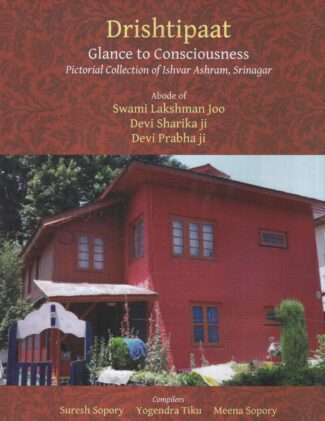

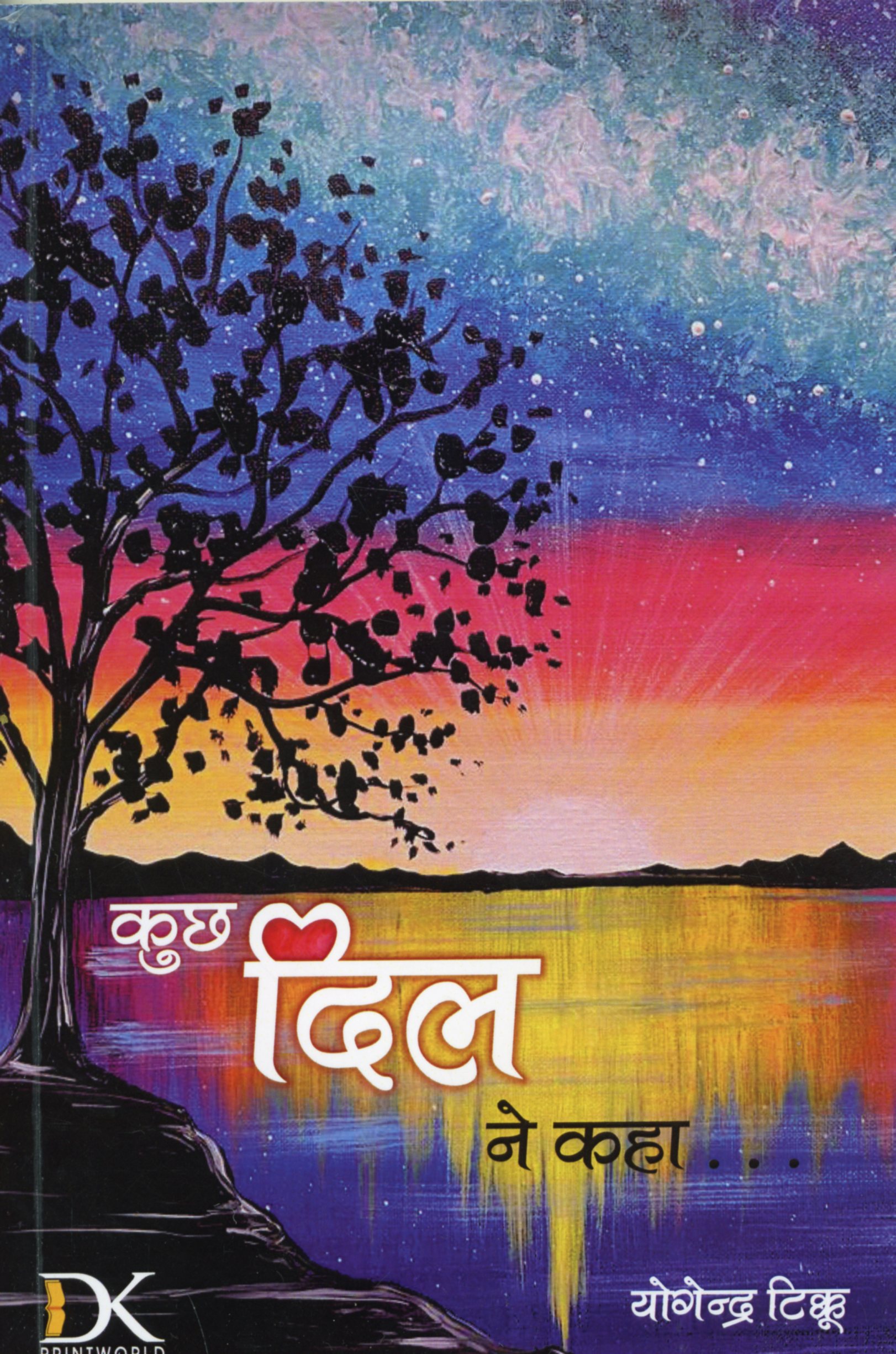
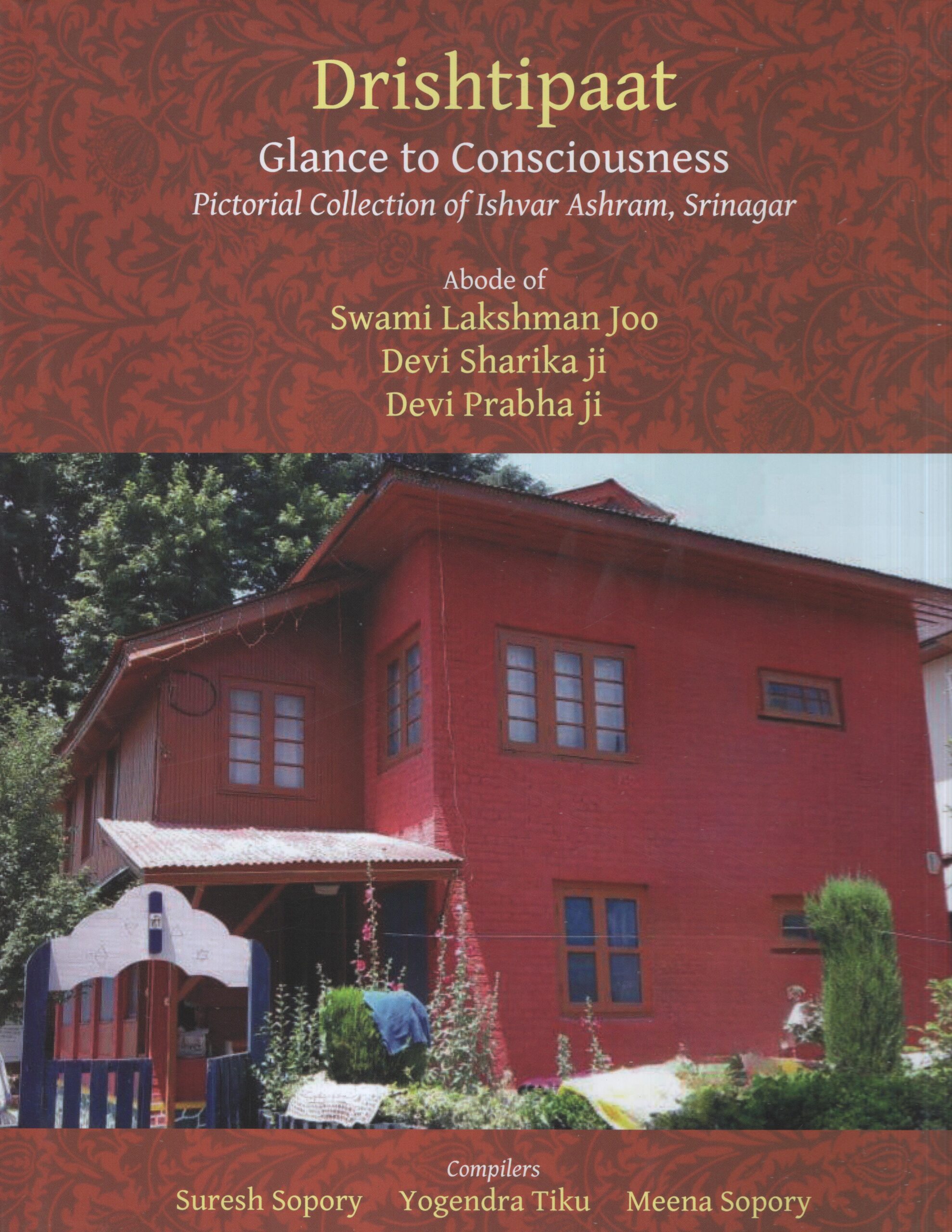

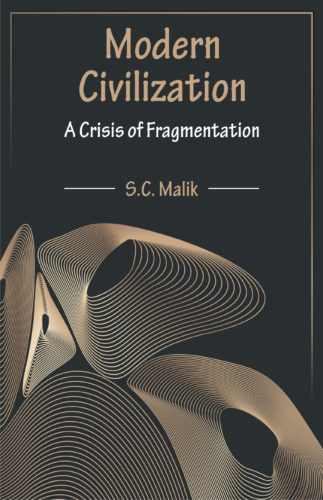
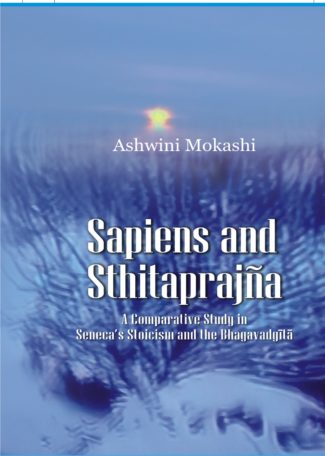
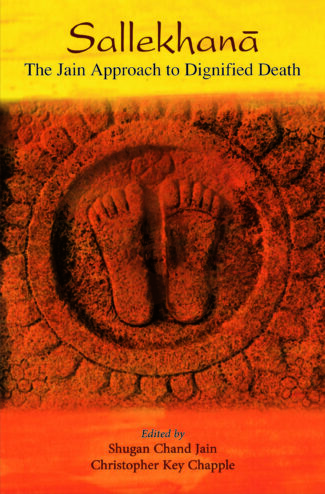

There are no reviews yet.